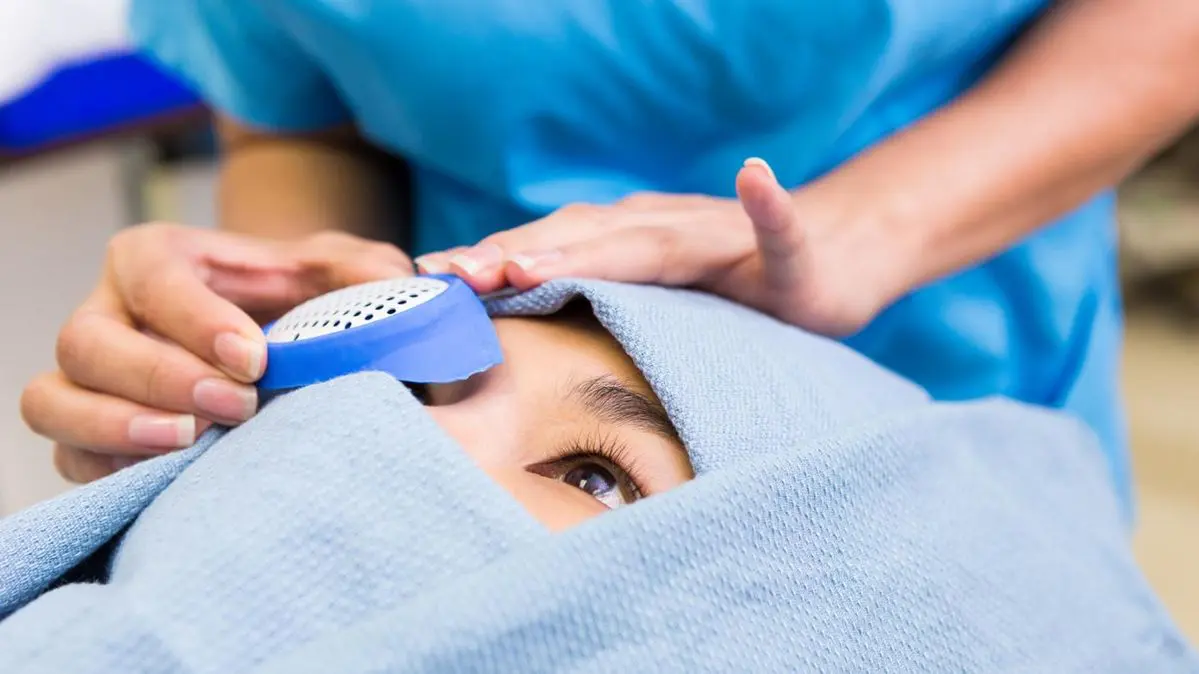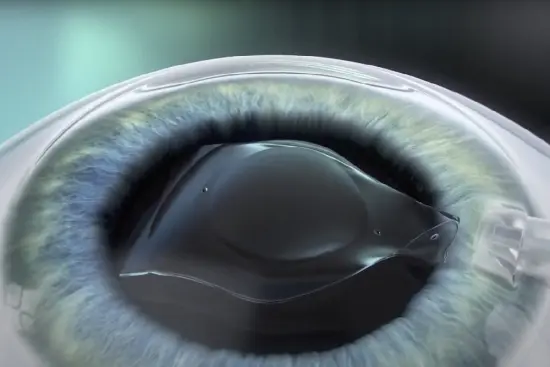
More and more young people—especially students and office workers—are experiencing eye problems such as myopia, eye strain, dry eyes, and conjunctivitis. What’s more concerning is that many of these issues stem from seemingly harmless habits at home. So how can we protect our vision effectively without relying on medication or hospital visits?
Below are 5 simple, doctor-recommended tips to help you prevent eye diseases—starting with small, everyday actions.
1. Rest your eyes for 20 seconds after every 20 minutes of screen time
The 20–20–20 rule, well-known among eye care professionals, can help relieve dry and tired eyes. Every 20 minutes, look at something 20 feet (about 6 meters) away for at least 20 seconds.
📌 Why it matters: Blue light from phones and computers is a major culprit behind macular degeneration and visual fatigue.
2. Add foods rich in vitamin A, C, and omega-3
Healthy eyes need more than just rest—they need the right nutrition. Consider adding:
- Carrots, pumpkin, spinach (rich in vitamin A)
- Oranges, kiwi, bell peppers (rich in vitamin C)
- Salmon, walnuts, flaxseeds (rich in omega-3)
These nutrients help strengthen eye immunity and reduce the risk of dry eyes and macular degeneration.
✅ Tip: Adding a bit of cooking oil when sautéing vegetables helps your body absorb vitamin A better.
3. Avoid rubbing your eyes and wash your hands regularly
Many eye issues—like conjunctivitis, styes, or chalazion—are caused by dirty hands touching the eyes or unconscious rubbing.
🚫 Note: Never share towels, eye makeup, or contact lenses with others.
4. Keep consistent lighting in your study and work areas
Working in dim lighting strains your eyes and can contribute to the progression of myopia over time.
Make sure to:
- Use natural light or neutral warm light
- Avoid harsh light shining directly into your eyes
- Position your screen at eye level, 50–70 cm from your face
5. Get a comprehensive eye exam at least once a year
⚠️ A worrying truth: Many people live with undiagnosed myopia, astigmatism, or even glaucoma—until their vision noticeably worsens.
Routine eye exams help to:
-
Detect early signs of eye disease
-
Ensure your glasses are the correct prescription
-
Assess your risk for serious conditions like glaucoma or retinal degeneration

 vi
vi 25-May-2025
25-May-2025










 0916.741.763
0916.741.763 Appointment
Appointment